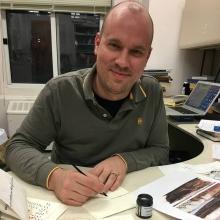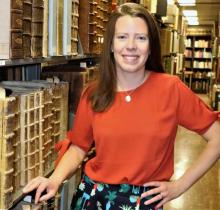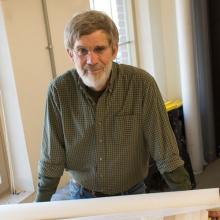
Conference Coordinators
Timothy Barrett is a professor in the University of Iowa Center for the Book and the School of Library and Information Science. His many years of research on early European handmade papers have been funded by the NEA, the Kress Foundation, the Institute for Museum and Library Services and as of 2009, a MacArthur Fellowship. Barrett’s research employing non-destructive XRF and UV-Vis-NIR spectrometers is documented here. Barrett is author of three books, one website, seven videos, and thirty-six articles or book chapters on the history, technique, science and aesthetics of hand papermaking. He was director of the Center between 1996 and 2002 and again became director in the fall of 2012.Paul Dilley is an Associate Professor of Classics and Religious Studies at the University of Iowa, with a research focus on the Religions of Late Antiquity, in particular Christianity and its contexts in Egypt and Syria. He is a senior fellow of the Mellon Society of Fellows in Critical Bibliography, and a co-PI of the 2015-2017 Mellon-Sawyer seminar at the University of Iowa, “Cultural and Textual Exchanges: The Book across Pre-Modern Eurasia.” He has worked extensively in the history of the book in Late Antiquity, as well as the use of enhanced imaging (including MSI and X-Ray Tomography) in the preparation of critical editions.
Margaret Gamm is Head of Special Collections at the University of Iowa Libraries. She has been at Iowa since receiving her Master of Science in Library Science at the University of North Carolina Chapel Hill, where she concentrated her studies in Archives and Records Management. Margaret maintains a user-centered approach to special collections, but remains responsible for ensuring the longevity of the centuries-old book and archival objects in her care. She is consistently conflicted when considering issues of access and preservation, especially when presented with the introduction of new analysis technologies in the reading room.
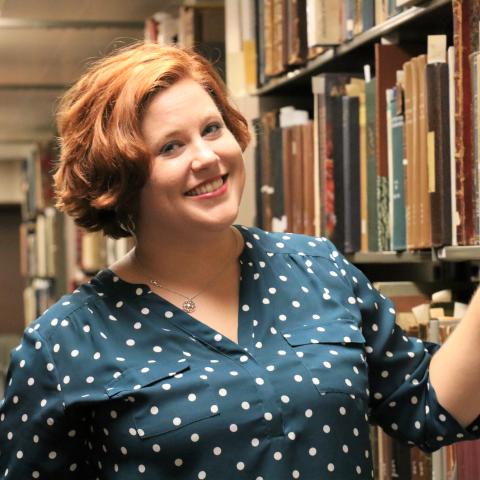
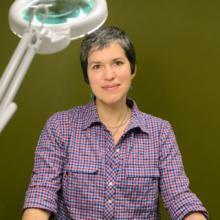
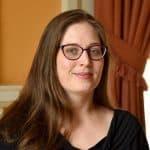
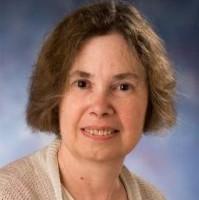
Susan Walsh is the Technical Director for the Small Animal Imaging Core at the Iowa Institute for Biomedical Imaging. She has multimodality imaging experience with PET/CT, 3D X-Ray, and optical imaging. Her expertise is protocol development and image acquisition for in vivo, ex vivo and non-biological imaging projects.
Conference Support
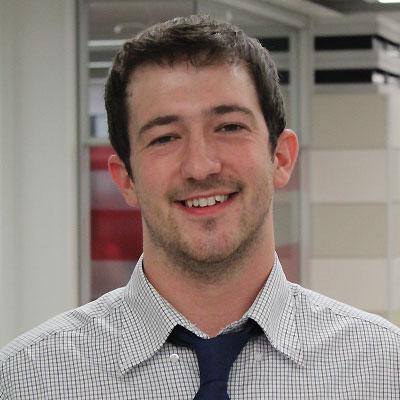
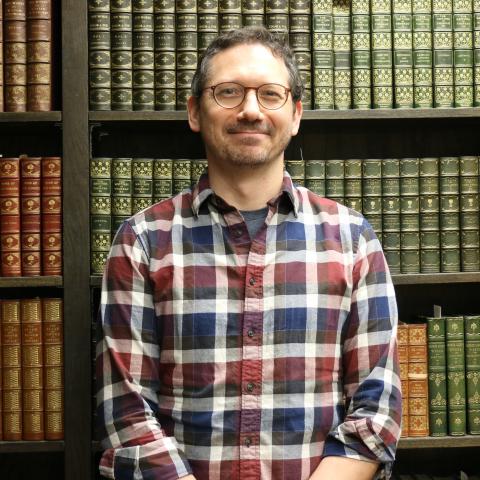
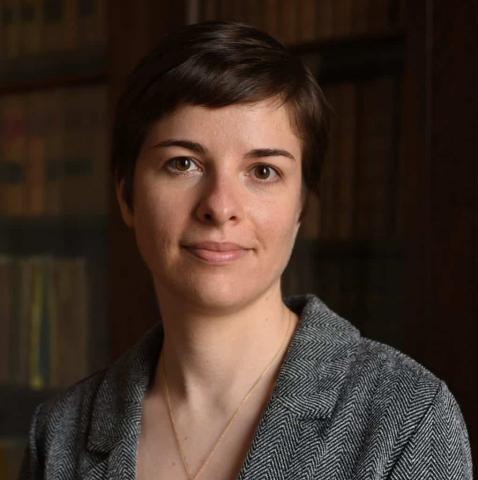
Alyssa Varner designed the logo for MTMTE and is the Creative Coordinator/Graphic Designer at the University of Iowa’s Digital Scholarship & Publishing Studio. In her spare time she writes and draws comic books.
National Endowment for the Humanities Representative
Elizabeth Tran is a Senior Program Officer in the Office of Digital Humanities at the National Endowment for the Humanities. In this role, she supports projects that explore ways to harness new digital technologies for humanities research as well as those that study digital culture from a humanistic perspective. Her previous appointments were at the National Science Foundation where she served as Program Officer and Lead for International Activities in the Social, Behavioral, and Economic Sciences Directorate and at the London School of Economics where she was the school’s first Knowledge Exchange and Impact Advisor. A large focus of her work has been on identifying and implementing mechanisms to facilitate both interdisciplinary and international research.
Elizabeth will be available at the conference to talk with people about what NEH can do for researchers.

